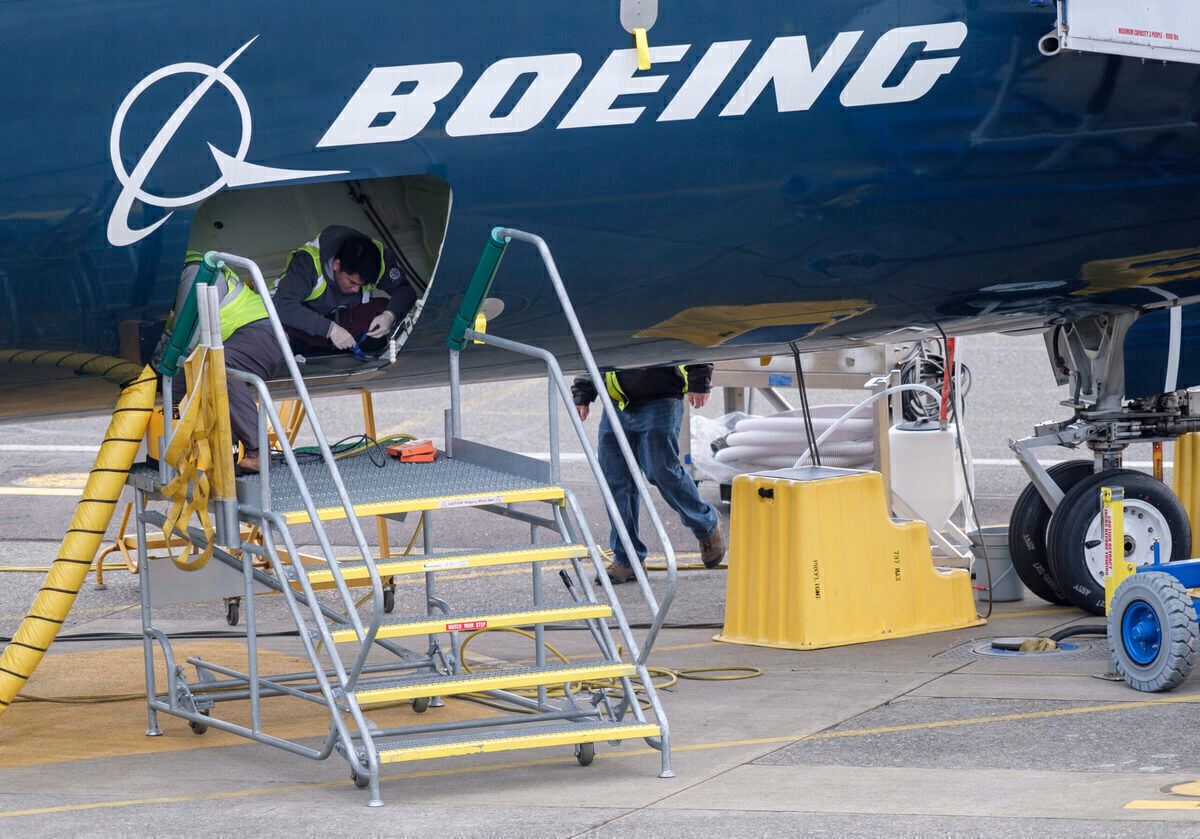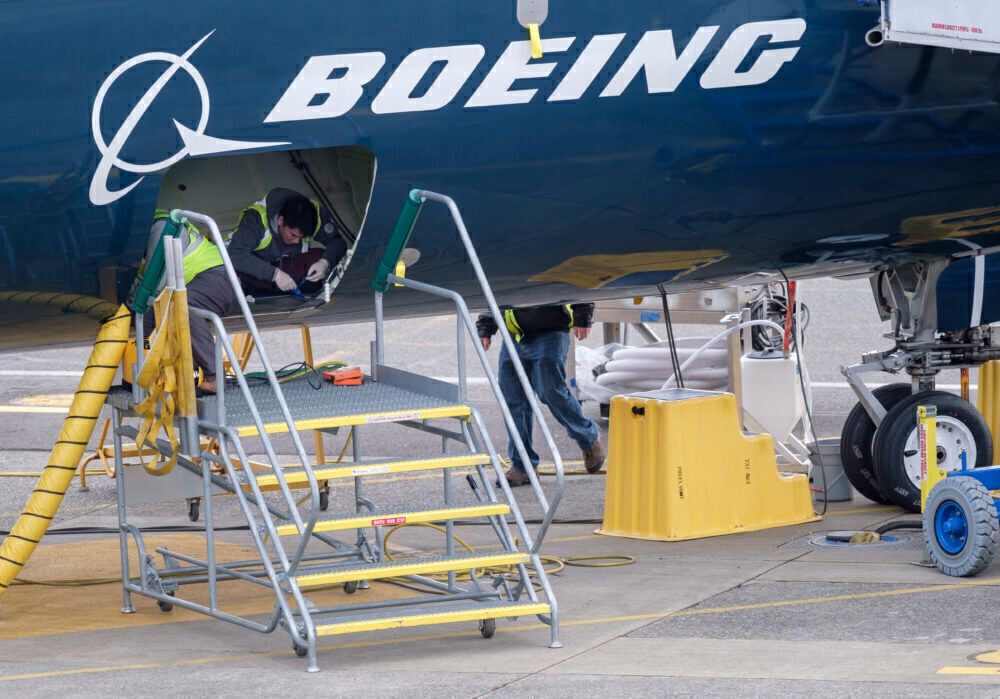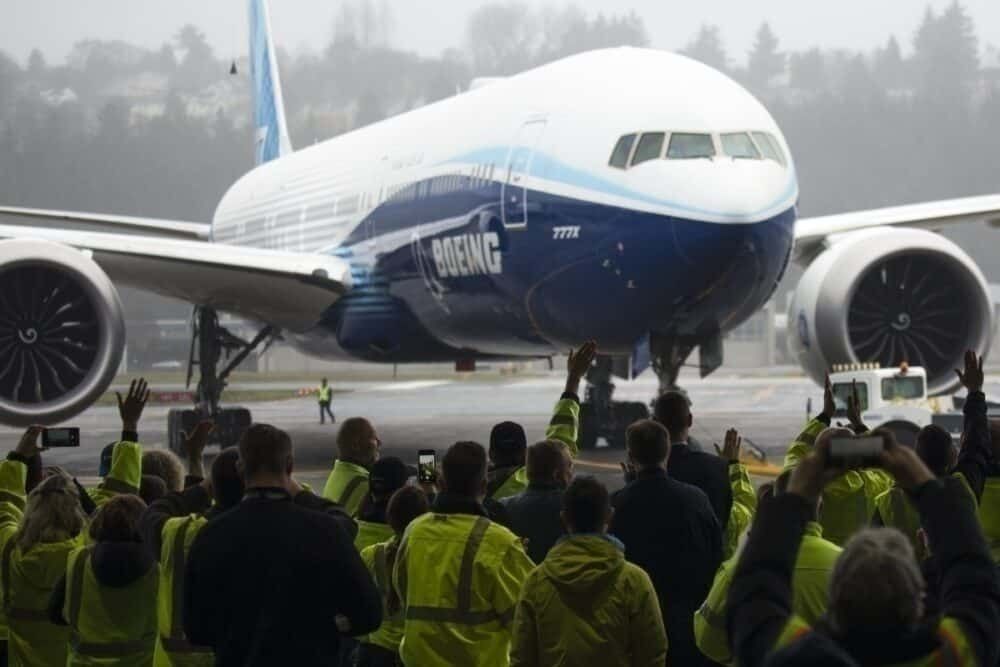Citing conduct deemed to be racist, discriminatory, or hateful, Boeing has fired 65 of its employees and disciplined another 53 within the span of 11 months. The company has been focused on addressing racism, with the planemaker's chief executive vowing a zero-tolerance policy in June 2020, in the aftermath of the George Floyd murder in Minnesota.
"As we have witnessed horrific images in the news and heard heartbreaking stories from our people, our determination to advance equity, diversity and inclusion has only become stronger. It is clear we have an opportunity to be a force for change within our walls and in our communities — and we are taking an important step forward today." - David Calhoun, CEO, Boeing via official statement (April 30, 2021)
A zero-tolerance approach
Announcing the release of its Equity, Diversity & Inclusion Report, Boeing's CEO announced that it would be holding its employees accountable with a zero-tolerance approach to behavior.
Between June 2020 and April 21, 2021, 65 employees were terminated while the company took "other corrective action" against 53 employees for "engaging in or being a part of racist, discriminatory or otherwise hateful conduct." Calhoun underscores that there is no place for hate within the company.
Boeing's new report
For the first time, Boeing is publishing its diversity metrics. This report includes representation numbers for several of the company's employee communities.
"As you will see in the data, we are on par with the aerospace industry, and we have made advancements in some areas, but we are not where we want to be," CEO David Calhoun states in his message. The report includes a number of goals set by Boeing as it works towards increased equity, diversity, and inclusion, three factors Calhoun calls "critical drivers of quality, of safety and innovation." He adds that every important thing done at Boeing "would be better with an inclusive culture."
Company aspirations
- Increase the Black representation rate in the U.S. by 20%.
- Achieve parity in retention rates of all groups.
- Close representation gaps for historically underrepresented groups.
- Eliminate any statistically significant differences between the workplace experiences of underrepresented and at-representation groups.
- Advance common understanding, shared experiences, and mutual respect.
- Report diversity metrics and progress annually.




